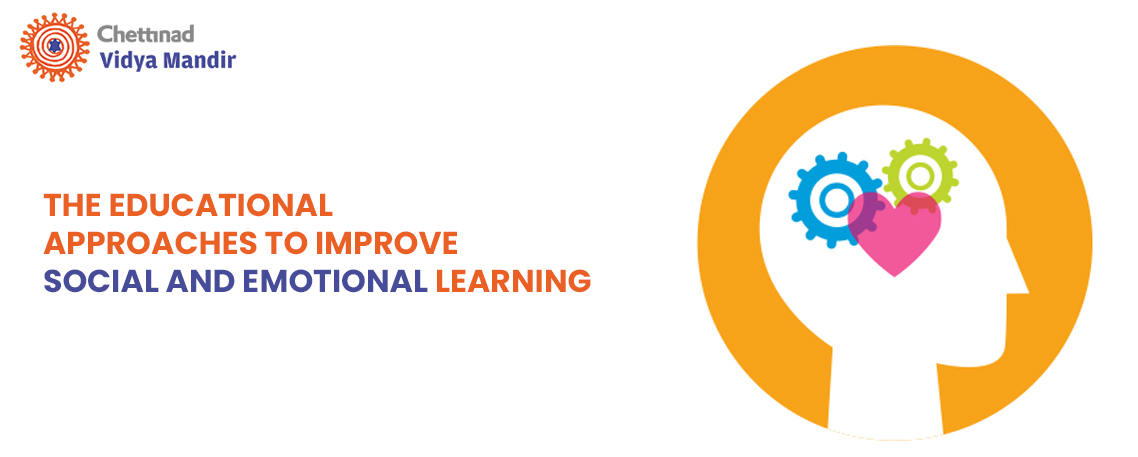SEL, that stands for Social-Emotional Learning is simply a process through which the students grow and apply their knowledge, attitudes, alongside the skills, i.e., necessary to manage and understand the emotions, set and then achieve the positive goals, learn and show some empathy for several others, ascertain and maintain the positive respectful relationship, and make a few of the responsible decisions.
Durlak et al.’s analysis of the 213 precise studies of Social-Emotional Learning in schools goes on to indicate that students experiencing quality Social-Emotional Learning instruction demonstrated:
- More solid academic performance: The achievement scores about an average of eleven percentile points a little higher than the students who didn’t receive Social-Emotional Learning instruction.
- Enhanced behavior and attitudes: greater motivation to understand and learn, deeper confinement to school, extended time devoted to the schoolwork, and a little better classroom behavior.
- Some negative behaviors: reduced disruptive class behavior, aggression, noncompliance, disciplinary referrals, and delinquent acts.
- Minimized emotional distress: some reports of the student depression, stress, anxiety, and social withdrawal.
The act Edu Social-Emotional Learning approach is notified by Collaborative for the Academic, Social, alongside the Emotional Learning’s approach, which recognizes the following 5 regions that effective Social-Emotional Learning strategies should go on to cover:
- Self-awareness
- Social awareness
- Relationship skills
- Self-management
- Responsible decision making
Self-awareness is simply an ability to correctly identify one’s sentiments and beliefs and the influence on the behavior. This generally includes accurately evaluating one’s limitations and strengths and possessing a well-grounded sense of optimism and confidence.
Social awareness is an ability to take the prospect of and sympathize with several others from a diverse background and cultures, in order to understand ethical and social norms for the behavior and to identify family, community resources, school, and supports.
Relationship skills are the ability to build and maintain healthy and rewarding relationships with diverse groups and individuals. This generally includes the following-
- communicating clearly
- cooperating
- listening actively
- resisting improper social pressure
- settling conflict constructively
- seeking and providing assistance as and when required
Self-management is an ability to control one’s thoughts, emotions, and behaviors efficiently in distinct situations. This generally includes controlling and managing stress, motivating oneself, controlling impulses, and setting and then working towards achieving personal and academic goals.
Responsible decision-making is an ability to make constructive and respectful choices regarding individual behavior and the social interactions that are based on the consideration of the ethical standards, social norms, safety concerns, the practical evaluation of results of numerous actions, and well-being of the self and several others.
The above mentioned points are a few of the Educational approaches to enhance social and emotional learning. Hopefully, this will go on to help each and every student to learn and grow in their personal and professional life.
Well, that is all you have here to read and understand each and everything about the SEL approach that stands for Social-Emotional Learning approach. To know more about it, you may look over the internet.

